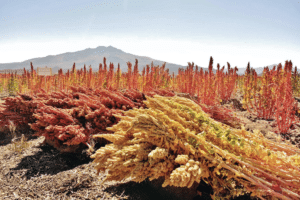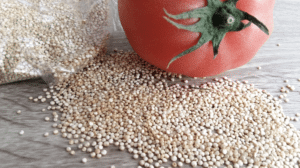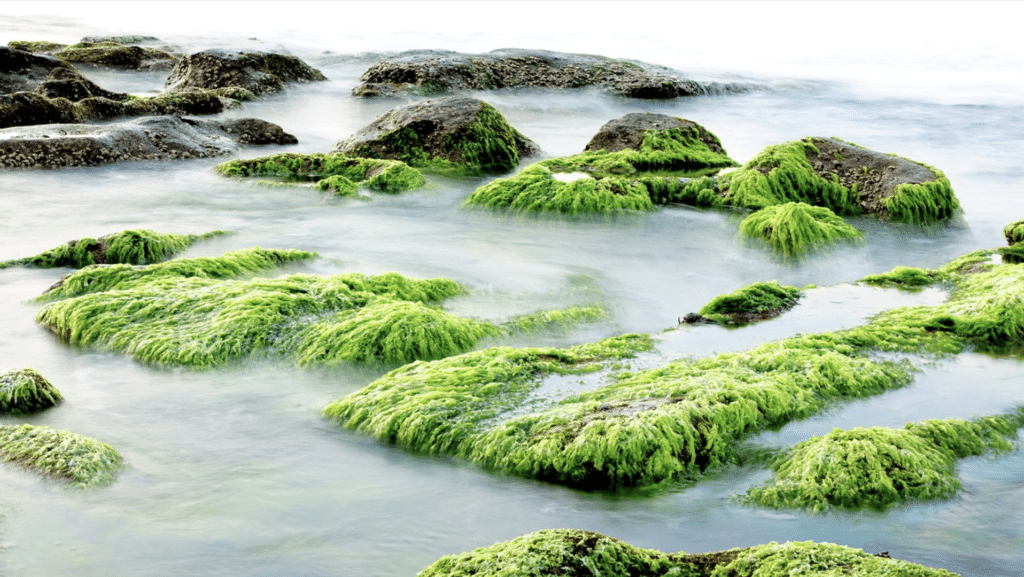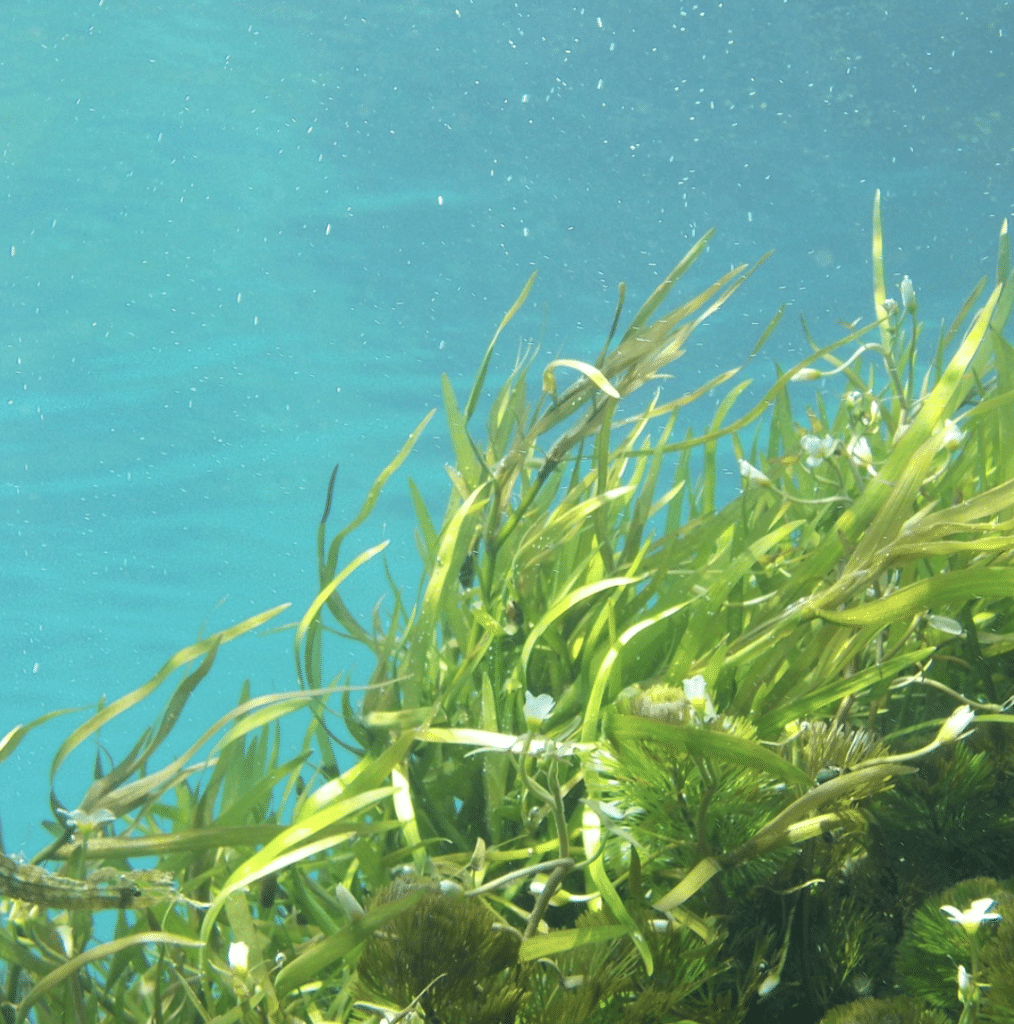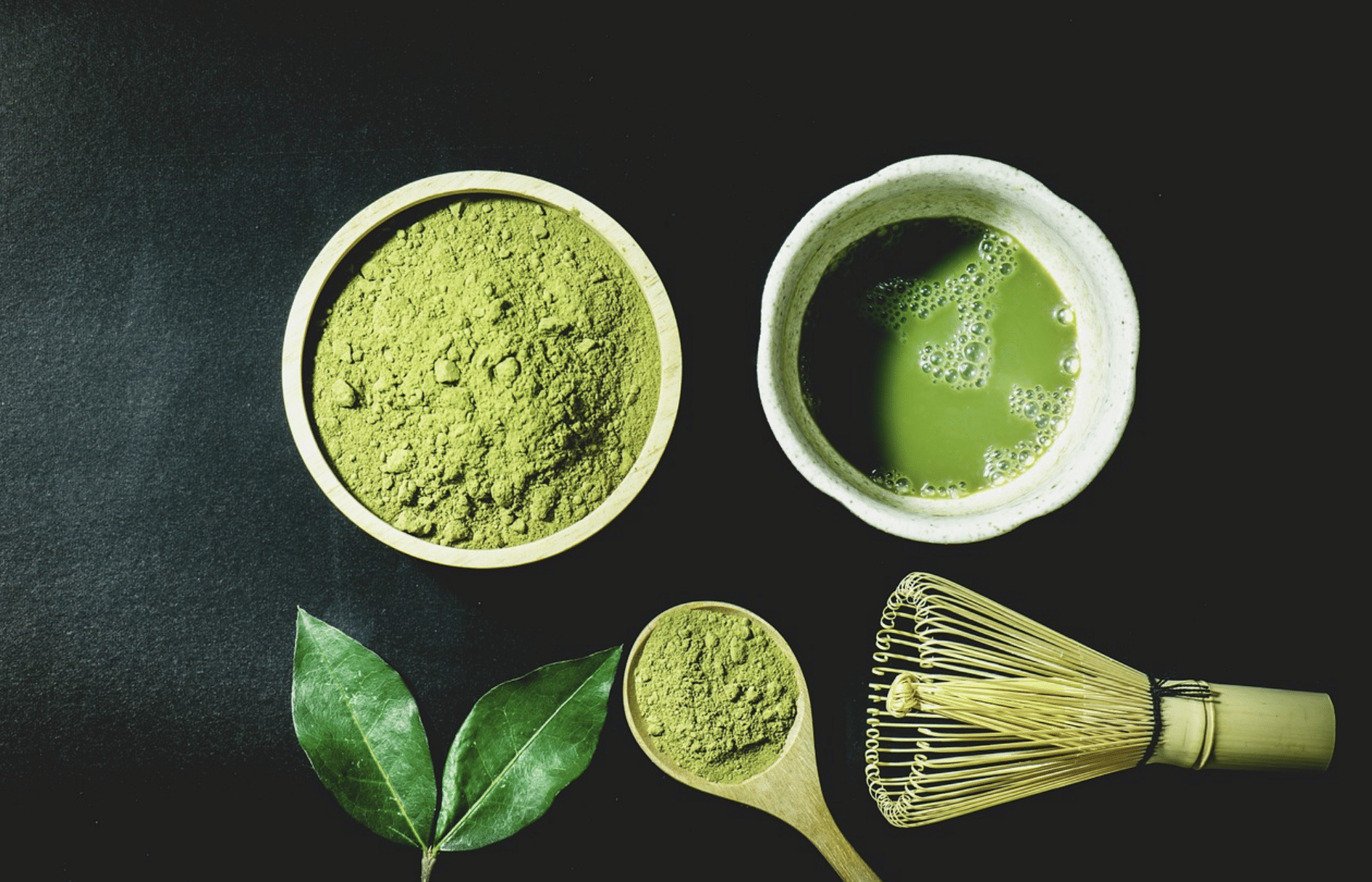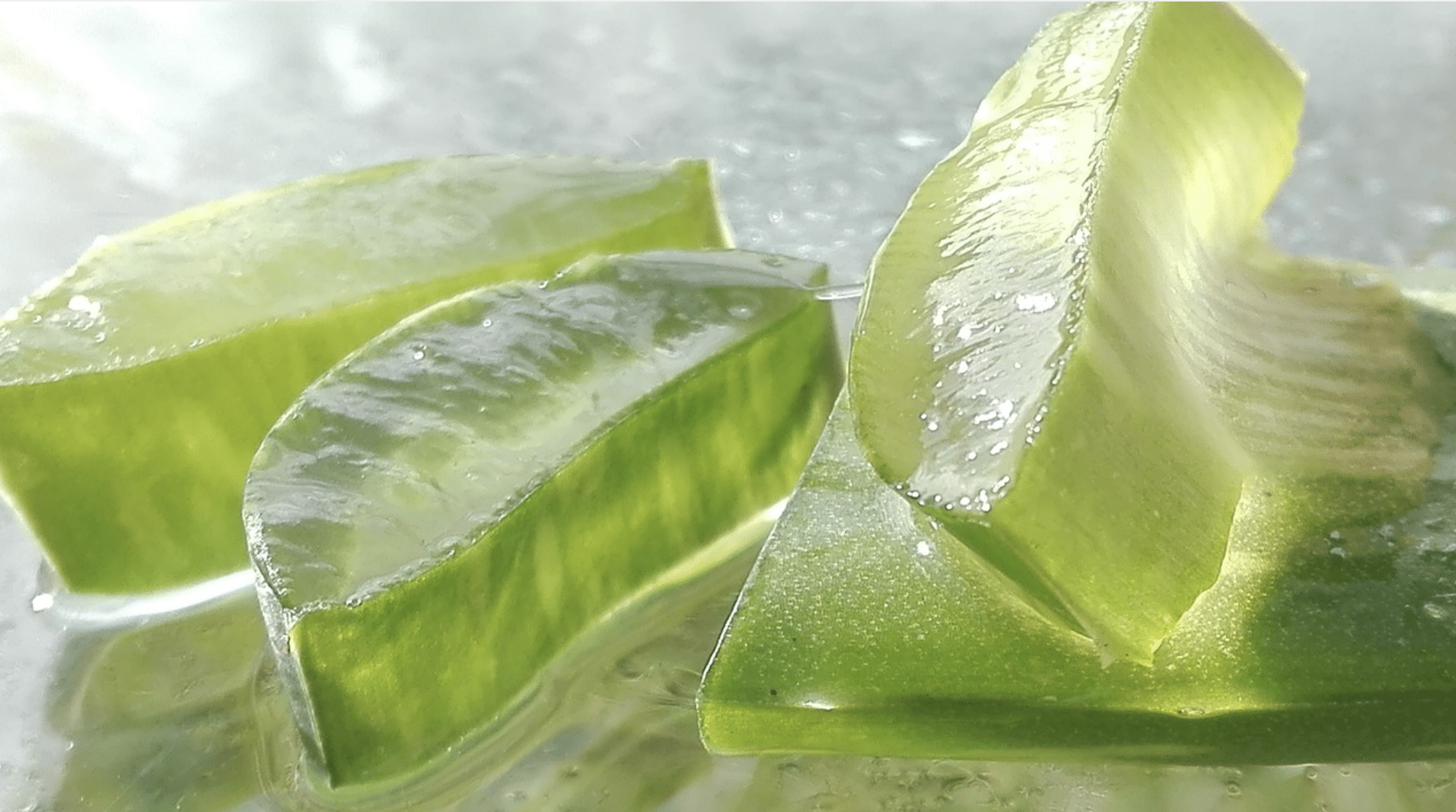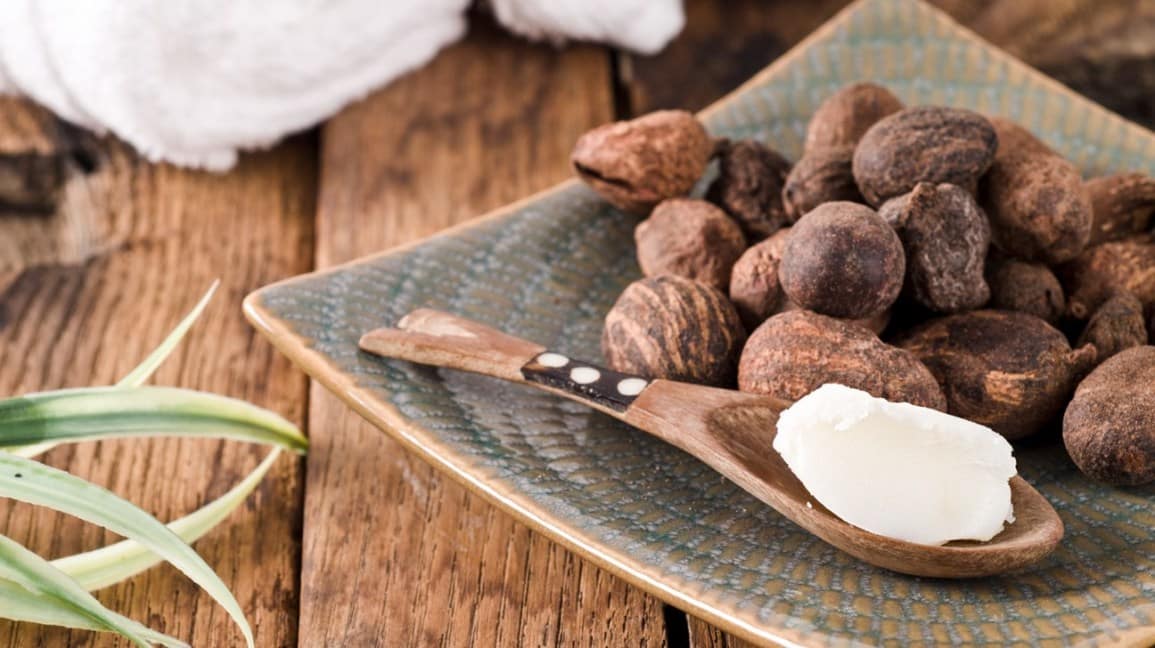Natural Skincare Product Recommendations: Allure Magazine + Dr. Palm
San Diego dermatologist Dr. Melanie Palm answers Allure’s questions on best products in Natural Skincare Lines
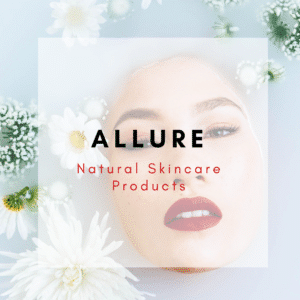 Recently, Allure magazine asked me to weigh in on the power of natural skincare product ingredients and to make various product recommendations for patients and their readers. Natural skincare products are a rising trend among consumers, and many of us are searching for natural, organic, fragrance-free, or preservative-free products alternatives to more typical skincare.
Recently, Allure magazine asked me to weigh in on the power of natural skincare product ingredients and to make various product recommendations for patients and their readers. Natural skincare products are a rising trend among consumers, and many of us are searching for natural, organic, fragrance-free, or preservative-free products alternatives to more typical skincare.
See below to find my tips, information, and interesting facts about natural skincare products and key ingredients to look out for! I’ve listed individual botanical or food items, and how they are most commonly incorporated into natural skincare lines. Read on to find out the scoop on natural skincare products.
Natural Skincare Products by Category
Quinoa in natural skincare products:
Quinoa is considered a superfood. This tasty round morsel packs a powerful punch as a food, but when used in skincare products it is also of benefit. Below you will find a succinct list of how quinoa can be beneficial as a natural ingredient in skincare, in the diet as a food, as well as a natural product in hair products.
- Skin care products:
- Quinoa has skin brightening properties. It works similarly to tyrosinase inhibitors such as hydroquinone, to reduce abnormal pigment production. Due to its skin lightening ability, quinoa can be used as skin brightener to combat hyperpigmentation and melasma.
- Quinoa contains vitamin B3 (niacinamide) that acts as anti-inflammatory. Niacinamide when used topically acts as an antioxidant, anti-acne, and anti-redness product.
- This super grain contains the antioxidant vitamin E. Quinoa also contains lysine. Together, vitamin E and lysine minimize damage to collagen (including matrix metalloprotein (MMP) enzyme activity). They may promote collagen production as well as elastin fibers, which provide elasticity to the skin.
- Quinoa could also be used as a natural particulate exfoliant. Pulverized versions of the grains could be used on normal to oily skin types to remove dead keratin from the skin in facial or body scrubs. More sensitive skin types might be better served by using a gommage such as Sakura Silk.
- Quinoa has skin brightening properties. It works similarly to tyrosinase inhibitors such as hydroquinone, to reduce abnormal pigment production. Due to its skin lightening ability, quinoa can be used as skin brightener to combat hyperpigmentation and melasma.
- Hair products:
- 9 essential amino acids have natural strengthening properties for protecting the hair shaft.
- Quinoa acts as humectant to hydrate scalp by providing much needed moisture.
- Furthermore, quinoa is composed of hydrolyzed protein to protect and nourish hair follicles from within.
- Finally, some of mineral content found within quinoa kernels has anti-dandruff properties and can sooth irritated or red scalps.
- Diet :
- Superfood that derives from flowering plant of amaranth family; Quinoa is a relative to vegetables such as spinach, chard, and beets.
- Quinoa is a source of protein an contains ALL 9 essential acids.
- It contains lysine, an important for tissue repair and growth.
- This superfood touts a low glycemic index food
- Quinoa contains butyrate, an important fatty acid that turns off inflammation genes. Quinoa also contains quercetin and kaemferol to fight inflammation (antiviral effect).
Seaweed in Skincare:
- What anti-aging benefits does seaweed have?
- Hydration: Many types of seaweed contain sugar compounds called oligosaccharides and polysaccharides. Think of this as in the same relative category as hyaluronic acid. These sugar compounds in seaweed attract water to the area of application. This increases hydration levels of the skin. Hydrated skin appears more luminous. Skin with great water content has a smoother texture that minimizes the appearance of fine lines.
- Skin rejuvenation: Some seaweed extracts and strains have shown to stimulate both collagen and elastin production. Collagen and elastin are important proteins for structure and flexibility in healthy skin. Blue-green seaweed tends to be richest in this attribute due to a protein called chlorella.
- Anti-oxidant: Many seaweed species reduce oxidative stress, helping to quell free radical reduction. Oxidative stress if left unchecked causes premature aging of the skin.
- What other skincare benefits does seaweed have?
- Anti-inflammatory: Seaweed has an amazing ability to protect itself in a rapidly changing environment. Furthermore, seawood detoxifies harmful insults from its environment. Some seaweed species contain vitamin B complexes. This class of vitamin fight inflammation, reducing facial redness and the appearance of rosacea.
- Improving skin barrier: Seaweed is rich in fatty acids, an important structural component to the lipid bilayer of skin cell membranes. Healthy skin cells and an environment rich in fatty acids lends to a healthier skin barrier. An intact skin barrier appears less dull and more smooth and better reflects light.
- What makes it different than say, another super popular anti-aging ingredient like retinol?
- Seaweed is plant-derived, rather than manufactured synthetically as many retinols and retinoids are. (This is not to say that synthetic manufacturing is bad, just different). For consumers desiring a “naturally”-derived source of skin care products, this may be a nice alternative.
- The calming nature of seaweed is in contrast to the sometimes irritating nature of vitamin A products, especially on more sensitive skin care types. Retinol, alone, does that have a capacity to hydrate the skin as seaweed may. However, retinols have over 4 decades of research in published medical literature backing its ability to help with anti-aging of the skin. Scant, robust medical literature is available to support similar claims with seaweed extract.
Matcha Green Tea in Skincare Products:
- Matcha is a type of green tea. It derives from the tencha bush. This plant enjoys shady conditions, and as a result decreases photosynthesis, the plant-based means of energy production. Because it grows in difficult conditions, matcha proteins and phytochemicals are very efficient at making the most of its circumstances. This makes for a great source of phytoproteins (plant-based proteins) that work hard for skin in topical, natural skincare products.
- Matcha green tea is full of anti-oxidants. This includes plant-based molecules in the chlorophyll, including polphyenols, and l’theanine. Antioxidants derived from matcha help to reverse UV-related photodamage and premature aging to the skin.
Aloe Vera in Natural Skincare:
Aloe vera is a tried and true botanical product used to treat parched or inflamed skin. Below are many of the properties of aloe vera that can be exploited in natural skincare products.
- Soothing: Due to hydration effect, aloe vera has a cooling effect on the skin after application and during evaporation. Plant-based sugars called polysaccharides also the coat skin and encourage skin repair. Aloe vera also contains a pain reliever called carboxypeptidase to further calm irritated skin.
- Anti-inflammatory: Aloe vera contains two potent antioxidants, vitamins C & E, that act to fight free radical oxidation and reverse sun damage. In addition, aloe vera also contains a sugar acemannan (polymano-galacto acetate) that acts in a similar fashion.
- Anti-acne: Aloe vera contains salicylic acid , a beta hydroxy acid that works well for acne-prone skin. Salicylic acid is able to penetrate and is attracted to the hair follicle. This is the epicenter of where acne starts, and sal acid is able to normalize how the hair follicle and oil gland function, reversing signs of active acne and fading old stains from acne scars.
- Anti-microbial: Aloe vera contains multiple molecules and minerals that have anti-bacterial effects. These include salicylic acid, zinc, phenols and sulfur to name a few. Combined, these antimicrobial agents may thwart off growth of fungi, bacteria and viruses as well as speed cold sore (herpes simplex virus) healing.
- Nutrient dense: Aloe vera is rich in vitamins and minerals including A, B, C, D, E and Mg, K, Zn.
Shea Butter in Natural Skincare Products:
Shea butter derives from the seeds of the fruit of Shea (Karite tree) . The Karite tree grows natively in west Africa. The creamy ivory pulp of Karite tree nut pulp can easily be spread onto skin directly and has many moisturizing properties. Ingestion of the shea butter nut is generally not recommended. The fruit interferes with some protein digestion and can cause GI upset.
In terms of the skin, shea butter moisturizes and improves skin appearance. Fatty acids from the rich fruit moisturize the skin and decrease loss of water from the skin, a term called transepidermal water loss (TEWL). This can be important for dry or eczema-prone skin. Oleic, stearic, palmitic and linolenic amino acids in shea butter boost collagen production to some degree.
Finally, shea butter has anti-inflammatory properties related to cinnamic acid. However, shea butter formulation are often too rich for acne-prone skin. It could easily clog pores, and cause acne in the wrong skin type.
If you are looking for profession skincare lines that include natural ingredients, look no further than Art of Skin MD. Our e-com sale on all Art of Skin MD non-prescription strength skincare lines is still on. You will receive 20% off skincare and free shipping on orders over $200. Call us at 858.792.7546 or shop online!

